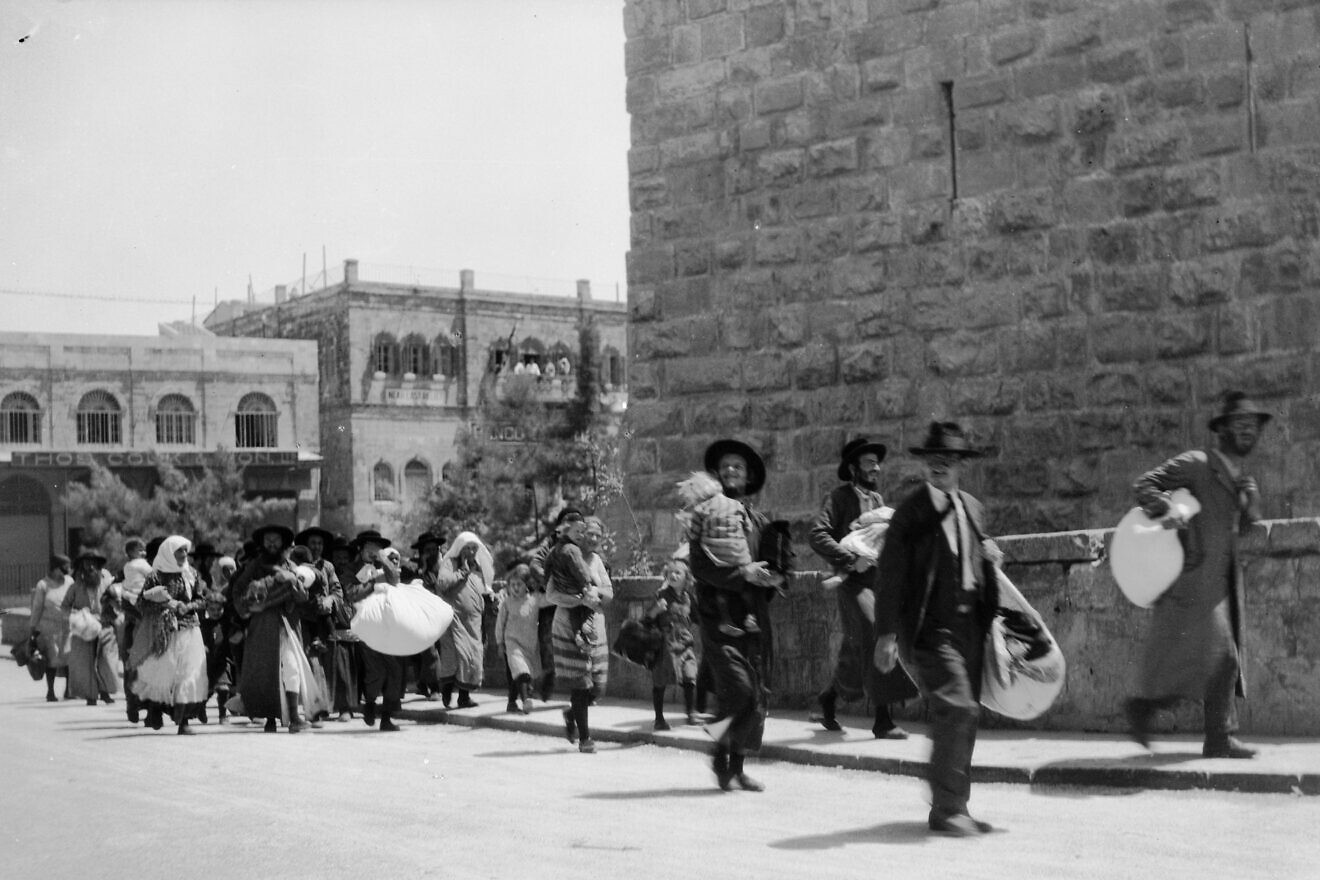The last 15 months have been a tragedy for the individual and a triumph for the collective. History is rife with examples of this dichotomy. The tragedy of Oct. 7, 2023, and the ensuing aftermath across the world has created an earthquake that has realigned world Jewry in the most profound of ways. Israeli Jews and those in the Diaspora have gone through a type of catharsis and have regained a sense of purpose that was dangerously close to being lost.
Many American Jews had convinced themselves that they could blend into society and that their Jewishness was merely incidental. The last 15 months have shown that this belief was a thinly veiled lie. It revealed the truth: We are a persecuted minority who must always be on guard and vigilant to protect our rights and our freedoms. For thousands of years, Christian and Muslim societies have had no problem distinguishing us from them. In the United States, perhaps because of the multicultural society we live in or a few generations of material wealth that many have experienced, people developed a false sense of their “place” in society. This perhaps provided the space for this suspension of disbelief.
On a recent episode of the “Call Me Back” podcast, host Dan Senor interviewed Yardena Schwartz, the author of Ghosts of a Holy War, about the 1929 massacre in Hebron. In the book, she described how the Jewish community in Palestine and, for that matter, throughout the world were not very in favor of Zionism for various reasons.
When the Haganah warned the Jews of Hebron what was about to happen, they rejected the group’s offer to help. After the massacre, the Jews of Palestine embraced the need for the Haganah to be an organized fighting force to defend the Jewish people. That tragedy allowed a new understanding and growth. As Senor expressed on his podcast, the situation today is not dissimilar. Just as the tragic events of the 1929 Hebron massacre galvanized Jews in the Holy Land to strengthen their defenses and solidify the foundation of Zionism, today’s challenges are sparking a similar resolve among Jews worldwide.
Adversity, while deeply painful, has a way of clarifying purpose. For American Jews—particularly, for younger generations—this period of challenge has been a defining moment. On college campuses and in communities across the nation, Jewish students and families are confronting the harsh reality that they cannot afford to take their security or identity for granted.
Within this struggle lies an opportunity for growth. The notion that “what doesn’t kill you makes you stronger” may be considered an oversimplification, but the principle holds true. Like muscles that grow stronger through strain and recovery, communities, too, can emerge reinvigorated by their challenges.
History has shown that resilience is born from hardship. The pogrom of 1929 was a painful catalyst for the reorganization of the Haganah into a much more formidable entity, which would eventually become a part of the Israel Defense Forces. Without that tragedy, who knows if the Jewish people in Palestine would have developed the strength and organization necessary to defend themselves?
This is a moment of catharsis—a chance for the Jewish community to re-evaluate its priorities and reconnect with its mission. It is a time to instill in younger generations a sense of purpose, resilience and pride in their heritage. As leaders and parents, the responsibility must be to frame these challenges as opportunities for growth and to teach children that life is rarely black and white. It is equally important to send a message to our enemies that we are strong—and that we’re not going anywhere.


























